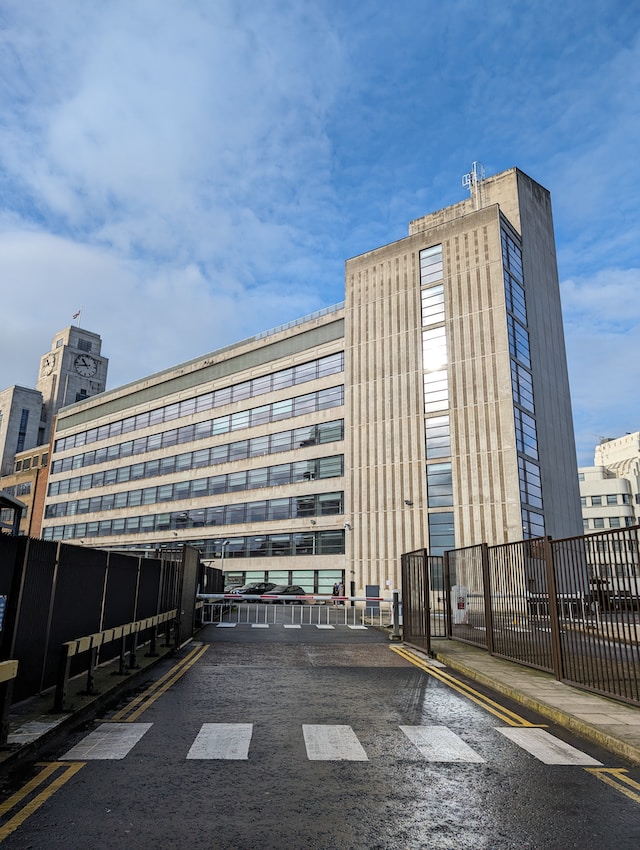What should I look for in a commercial lease for a tenant?
Commercial tenants should carefully review the terms and conditions contained in a commercial lease. The consequences of not carefully reviewing the lease could be detrimental to the tenant’s business.
What is a commercial lease?
A commercial lease is an agreement between a business tenant and landlord that details the conditions of use for a commercial property. The commercial lease specifies both parties' rights and obligations throughout the lease term and allows the tenant to use the property for commercial business purposes. Unlike residential leases, commercial leases are often more complex and place more conditions and rules on tenants, giving them less protection as a result.

6 Things to look for in a commercial lease
1. Lease term
The lease term is simply the length of the lease. It stipulates the duration for which you will pay rent to occupy the property and the timeframe during which you can operate your business on the premises before considering renewing or vacating the property.
A commercial lease term could be as long as 25 years or as short as 5 or 3 years. The lease term must align with your short-term and long-term business goals.
2. Rent term and review
A commercial lease must outline the arrangement for rent payments, encompassing details such as the amount, payment frequency, and any relevant terms associated with payment. Landlords can provide options for fixed rents, percentage rent, or demand that the tenant pay some or all of the property's expenses, maintenance, and insurance costs.
Also, a commercial lease, especially those that are long-term, usually contains a rent review clause that specifies when and how your rent can be adjusted to reflect changes in the market. It is important to negotiate how often your rent will be reviewed with your landlord to avoid excessive rent reviews.
3. Break clause
A break clause is a provision that allows you or the landlord to end a lease earlier than the full term without a penalty. Negotiating a break clause, which allows you to end the lease at certain points during the length of the lease, is crucial in case something happens or your situation changes.
4. Usage clause
Commercial leases typically contain clauses that outline or restrict the kinds of activities a tenant is permitted to conduct within the building. You must ensure that the usage clause does not restrict your business activities. Where it does, you can discuss the terms of a broader usage clause with your landlord.
5. Assignment and subletting
Assignment entails selling the lease to a different party while granting a lease to a third party so they can occupy the property as your tenant (known as subletting). Not all landlords may permit such clauses, however, it may be necessary to share the cost with another tenant by subletting it if your financial commitment for the entire lease period is too burdensome. Look out for limitations on your capacity to assign or sublet the lease. Note that if you are allowed to transfer the lease, you might still be responsible for rent and other obligations if the new tenant fails to fulfil them.
6. Modifications and repairs
A lease should specify the modifications and alterations you can make to the property. There might be restrictions on the signs and decorations you can put up. It will also help to know who will take responsibility for the repairs done on the property.
How Can GloverPriest Help?
At GloverPriest, we can provide the expertise, guidance, and negotiation skills necessary to ensure that your lease agreement is comprehensive, fair, and beneficial for your business.
From negotiating favourable lease terms to identifying potential risks and loopholes, GlovePriest is here for you.
If you would like further advice on your commercial property, please don’t hesitate to speak to one of our expert commercial lease solicitors today.
Complete our enquiry form.